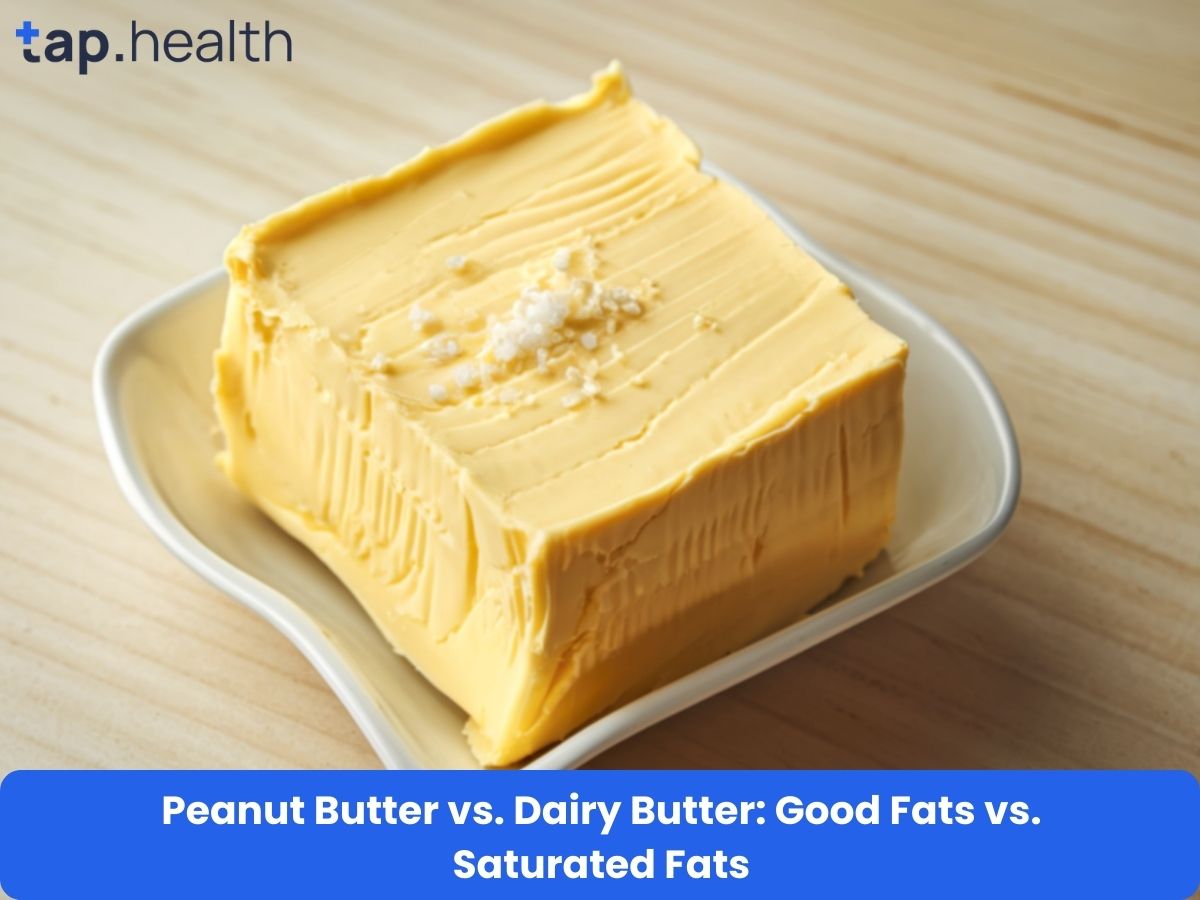Table of Contents
- Ox Bile and Type 2 Diabetes: A Promising Treatment?
- Understanding Conjugated Bile Acids for Diabetes Management
- How Ox Bile & Conjugated Bile Acids May Improve Blood Sugar
- The Role of Bile Acids in Glycemic Control: A Comprehensive Guide
- Can Ox Bile Supplements Help Manage Type 2 Diabetes?
- Frequently Asked Questions
- References
Are you looking for innovative approaches to managing Type 2 diabetes? Recent research suggests a fascinating potential solution lies in the often-overlooked realm of digestive health. This blog post dives into the emerging science behind Ox Bile & Conjugated Bile Acids: exploring their potential as a treatment for Type 2 diabetes and how they might impact your overall well-being. We’ll examine the mechanisms of action, review the latest clinical findings, and discuss the implications of this exciting area of research. Let’s uncover the potential benefits of this less-discussed approach to diabetes management.
Ox Bile and Type 2 Diabetes: A Promising Treatment?
Type 2 diabetes is a growing global concern, particularly impacting populations in India and other tropical regions. While lifestyle changes—diet, exercise, stress management—can prevent up to 80% of cases (Lifestyle changes), researchers are exploring additional avenues. One intriguing area involves ox bile and its conjugated bile acids.
The Role of Ox Bile and Conjugated Bile Acids
Ox bile, a liver secretion crucial for fat digestion, contains conjugated bile acids. Recent studies hint that these acids might also influence glucose metabolism and insulin sensitivity—key players in diabetes management. Think of it like this: bile acids help your body process fats, and emerging research suggests they might also play a role in how your body uses sugar. While it’s early days, and more research is needed to confirm safety and effectiveness, the potential is exciting. The exact mechanisms are still unclear, but this is a hot topic, especially given questions around other diabetes types (like “Type 3″—check this out: Can Type 3 Diabetes Be Reversed?).
Exploring Ox Bile in Indian & Tropical Contexts
Given the high prevalence of Type 2 diabetes in India and similar climates, exploring complementary treatments alongside lifestyle changes makes perfect sense. Further research tailored to the unique diets and genetics of these populations is crucial. This could lead to targeted interventions for better prevention and management. However, always consult your doctor before trying any new supplement. Understanding the complexities of diabetes is key – some conditions are linked, others aren’t (Which Condition is Not Usually Associated with Type 2 Diabetes?).
Understanding Conjugated Bile Acids for Diabetes Management
Type 2 diabetes is a massive global health challenge, disproportionately affecting the working-age population (61% of those diagnosed are between 20-64 years old!). Think about it – that’s a huge chunk of our workforce. The global prevalence data is stark, especially in places like India and other tropical regions. This makes finding new ways to manage the disease incredibly urgent. One promising area of research? Conjugated bile acids (CBAs).
The Role of Ox Bile and CBAs in Diabetes
Ox bile, which contains CBAs, is essential for breaking down fats. But increasingly, research suggests CBAs might play a much bigger role – potentially influencing how our bodies handle glucose and insulin. Imagine them as tiny helpers, improving insulin sensitivity and reducing inflammation, two major players in type 2 diabetes. Early studies are hinting at some exciting possibilities: better insulin signaling, and even improved cardiovascular health – a major concern for many diabetics. Plus, since cholesterol management is key for people with diabetes, understanding how to manage cholesterol alongside diabetes is vital.
CBAs and Regional Considerations for India and Tropical Countries
The sheer number of people with diabetes in India and other tropical countries demands affordable and accessible treatment solutions. This is where CBAs could be game-changing. Further research focusing on how CBAs interact with common dietary patterns in these regions is crucial. Understanding the interplay between diet, CBAs, and diabetes could lead to highly effective, targeted interventions. Always talk to your doctor before considering CBAs, as they may not be suitable for everyone. For more on supporting diabetes management with dietary supplements, check out this guide on safe and effective options.
How Ox Bile & Conjugated Bile Acids May Improve Blood Sugar
Understanding the Role of Bile Acids in Blood Sugar Control
High HbA1c levels—think above 9%—are a serious concern for many, especially in regions like India. It’s a stark reality for over 30% of diabetes patients there. This underscores the urgent need for innovative approaches to diabetes management. Interestingly, emerging research suggests that ox bile and conjugated bile acids, substances vital for breaking down fats, might play an unexpected role in blood sugar control. Their potential impact on gut health and insulin sensitivity is incredibly promising.
The Mechanism of Action: Gut Microbiota & Insulin Sensitivity
Ox bile and conjugated bile acids interact with your gut microbiome—the trillions of bacteria in your gut. A balanced microbiome is key to good health, like a well-oiled machine, ensuring efficient nutrient absorption. Studies suggest these bile acids can actually modulate the gut bacteria, potentially leading to improved insulin sensitivity. Picture this: better insulin sensitivity translates to better blood sugar management, reducing the risk of serious diabetes complications, particularly relevant in regions where diet often contributes to gut imbalances. For a deeper dive into maintaining healthy blood sugar, check out our article on Blood Sugar Levels.
Practical Considerations and Next Steps
The potential of ox bile and conjugated bile acids in managing Type 2 diabetes is exciting, but it’s early days. If you’re in India or a similar region grappling with high blood sugar, talk to your doctor. They can help you assess whether incorporating these compounds as a supplement to your existing treatment plan is a good fit for you. Remember, everyone’s different, and professional medical guidance is always essential. Discuss your HbA1c levels and explore your options for optimal blood sugar control. Interested in natural remedies? Check out our article on Top 8 Natural Remedies.
The Role of Bile Acids in Glycemic Control: A Comprehensive Guide
Understanding Insulin Resistance in Type 2 Diabetes
Type 2 diabetes affects over 80% of those diagnosed, largely due to insulin resistance. Imagine your cells as tiny houses; insulin is the key that lets sugar (glucose) inside for energy. In insulin resistance, the key doesn’t quite fit, leaving excess sugar in the bloodstream. This is particularly common in regions like India and other tropical countries, often linked to diet and lifestyle. Getting to the root of this problem is key to effective management.
Ox Bile and Conjugated Bile Acids: A Promising Avenue
Exciting research suggests ox bile and conjugated bile acids – substances vital for fat digestion – might be part of the solution. They’re showing promise in improving insulin sensitivity and glucose metabolism. How? Think of your gut microbiome as a bustling city; these bile acids seem to influence its activity, potentially reducing inflammation and improving how your body handles sugar. More research, especially focusing on specific bile acid types and their interplay with common diets in tropical areas, is crucial.
Actionable Steps and Regional Considerations
While we need more definitive proof, supporting healthy bile acid production through diet and lifestyle could be beneficial. Think fiber-rich foods and regular exercise – cornerstones of diabetes management everywhere, especially in regions like India. Our guides on cooking techniques to lower glycemic impact and meal timing and intermittent fasting offer additional support. Remember, personalized advice from your doctor or a registered dietitian is essential, especially given regional dietary nuances.
Can Ox Bile Supplements Help Manage Type 2 Diabetes?
Type 2 diabetes is a growing health concern worldwide, especially in countries like India and other tropical regions, where diet and lifestyle play a big role. While standard treatments such as medication, diet, and exercise remain the foundation of care, many people are exploring additional, natural options. One area of interest is ox bile supplements and their conjugated bile acids.
It’s important to note upfront: ox bile is not a cure for diabetes. But some early studies suggest it may offer supportive benefits in blood sugar management.
What Are Ox Bile and Conjugated Bile Acids?
You can think of ox bile as a digestive juice produced by the liver. It helps break down and absorb fats from food. Inside ox bile are bile acids, and some of these are “conjugated” forms.
Research has started to show that conjugated bile acids may play a role in regulating glucose metabolism and improving insulin sensitivity—two key factors in type 2 diabetes management. However, more large-scale studies are needed before strong conclusions can be drawn.
Ox Bile and Diabetes in Tropical Countries
In places like India, where type 2 diabetes is common, interest in complementary therapies like ox bile is increasing. However, supplements should never be used without medical guidance.
-
Doctor supervision is crucial: Only a healthcare provider can recommend safe doses and check for interactions with existing medications.
-
Self-treatment is risky: Using ox bile without guidance may cause side effects or interfere with prescribed diabetes care.
-
Holistic approach matters: Supplements, if used, should be seen as part of a bigger plan that includes balanced eating, exercise, and blood sugar monitoring.
Should You Try Ox Bile Supplements?
If you’re considering ox bile, the safest step is to:
-
Consult your doctor or a dietitian to see if it’s right for your condition.
-
Never replace prescribed medication with supplements.
-
Support your health naturally with whole foods, physical activity, and lifestyle changes.
While ox bile may have supportive potential, a healthy diet and medical treatment remain the most effective strategies.
Frequently Asked Questions on Ox Bile & Conjugated Bile Acids
Q1. What is the potential role of ox bile and conjugated bile acids in managing type 2 diabetes?
Emerging research suggests that conjugated bile acids (CBAs), components of ox bile, may improve insulin sensitivity and glucose metabolism. This is because CBAs influence the gut microbiome, potentially reducing inflammation and improving how your body processes sugar. More research is needed to confirm these effects.
Q2. How might ox bile supplements benefit individuals with type 2 diabetes in tropical regions like India?
Given the high prevalence of type 2 diabetes in India and similar climates, exploring ox bile supplementation alongside lifestyle changes may provide additional benefits. Further research is needed to understand how CBAs interact with common dietary patterns in these regions and tailor interventions accordingly. However, it’s crucial to consult a doctor before using any supplements.
Q3. What are the potential limitations or concerns regarding the use of ox bile supplements for diabetes management?
It’s crucial to understand that ox bile supplements are not a cure for type 2 diabetes. Current research is still in its early stages, and more studies are necessary to confirm their safety and effectiveness. The exact mechanisms aren’t fully understood and may vary depending on individual factors. Always consult a doctor before using such supplements.
Q4. How should I approach incorporating ox bile supplements into my diabetes management plan?
Ox bile supplements should only be considered as a complementary therapy to a comprehensive diabetes management plan, and never as a replacement for prescribed treatments. You must consult your doctor or a registered dietitian to assess your individual health, diet, and lifestyle, and to determine if ox bile supplements are appropriate for you and how to safely incorporate them.
Q5. Are there any risks associated with using ox bile supplements, and what precautions should I take?
While generally considered safe when used as directed, potential risks and interactions with other medications are possible. It’s vital to consult a healthcare professional before using ox bile supplements, especially if you have pre-existing conditions or take other medications. They can monitor your progress, adjust dosages as needed, and address any potential side effects or interactions.
References
- A Practical Guide to Integrated Type 2 Diabetes Care: https://www.hse.ie/eng/services/list/2/primarycare/east-coast-diabetes-service/management-of-type-2-diabetes/diabetes-and-pregnancy/icgp-guide-to-integrated-type-2.pdf
- Leveraging Gene Expression Data and Explainable Machine Learning for Enhanced Early Detection of Type 2 Diabetes: https://arxiv.org/pdf/2411.14471



